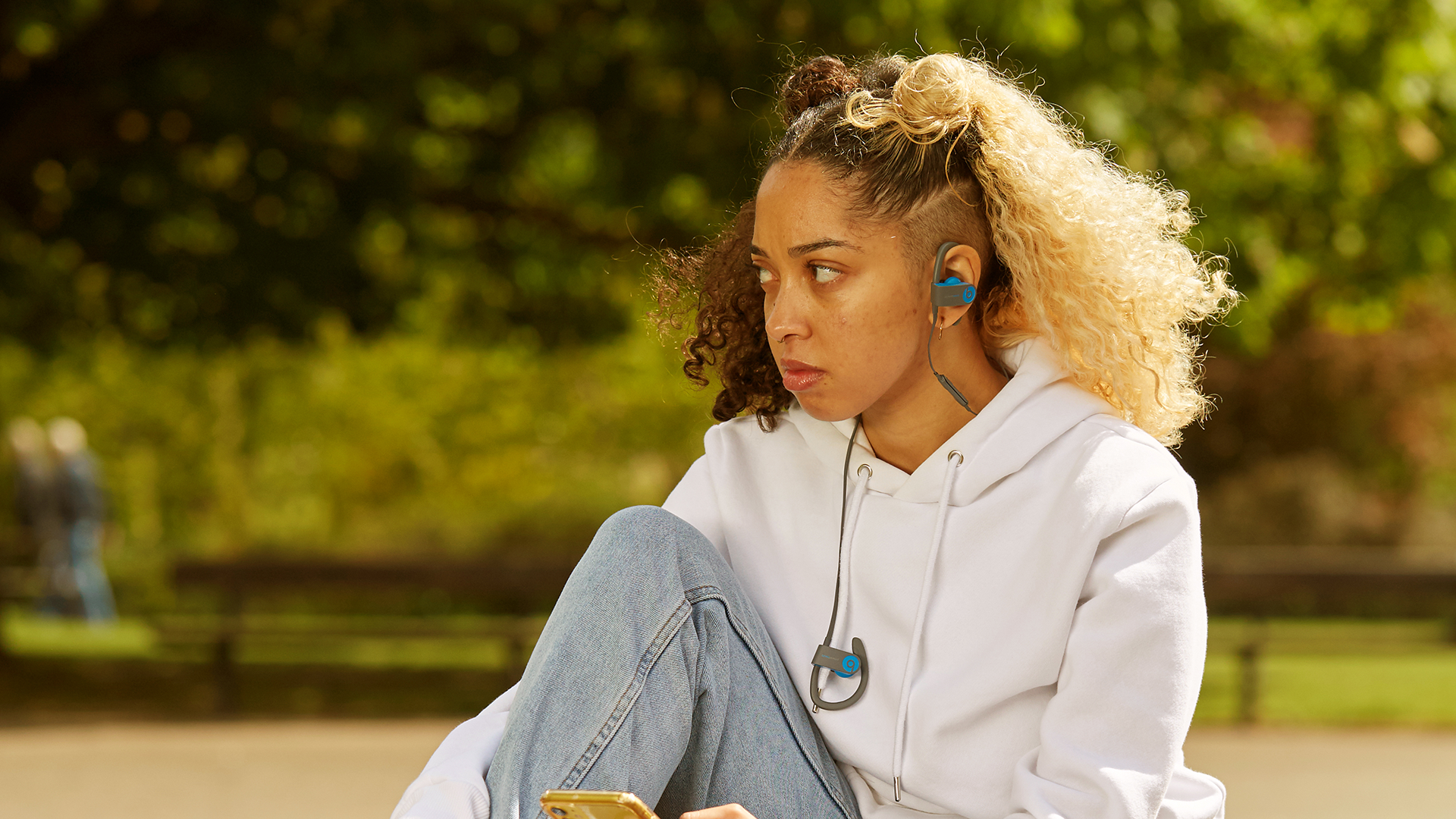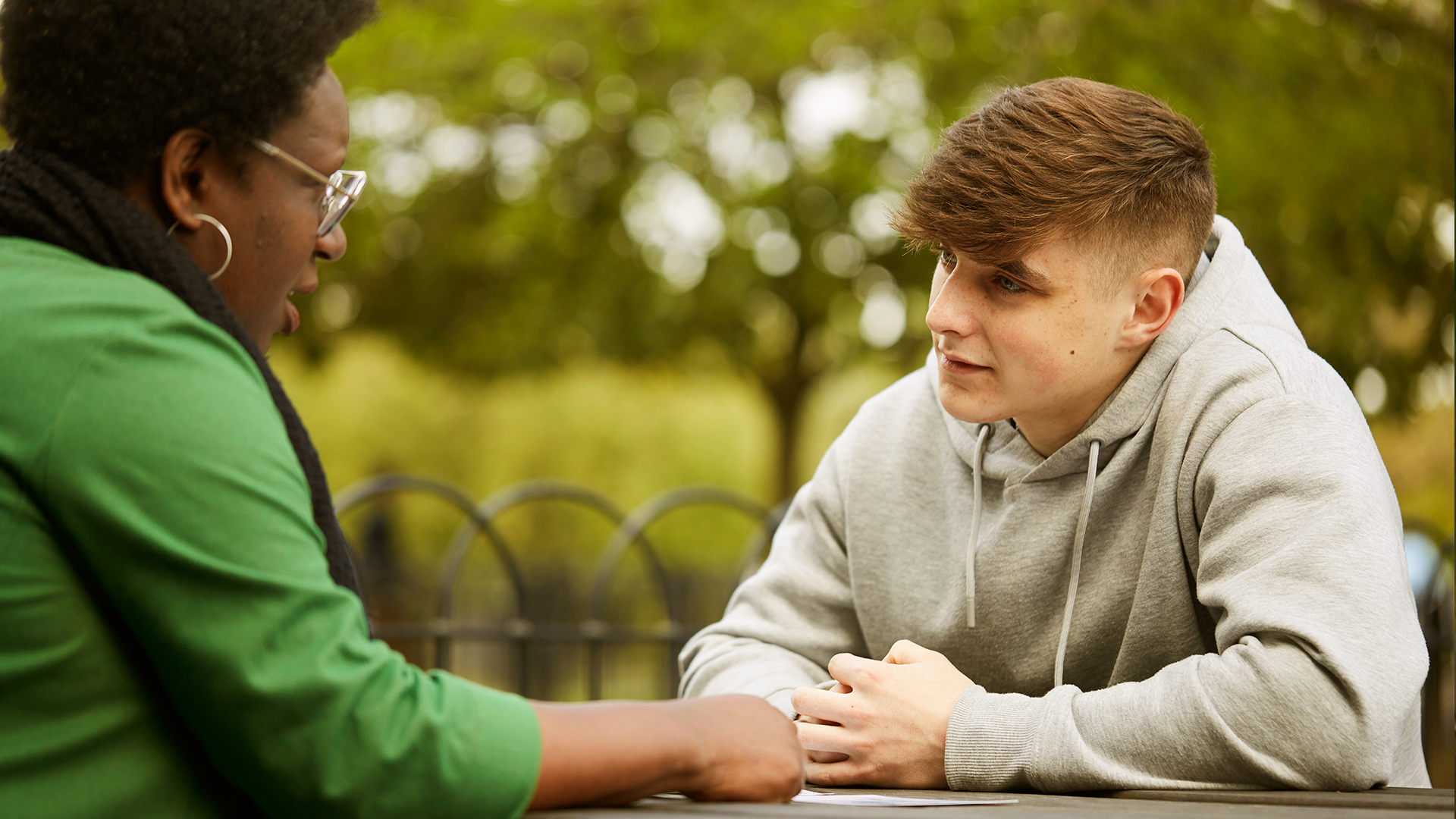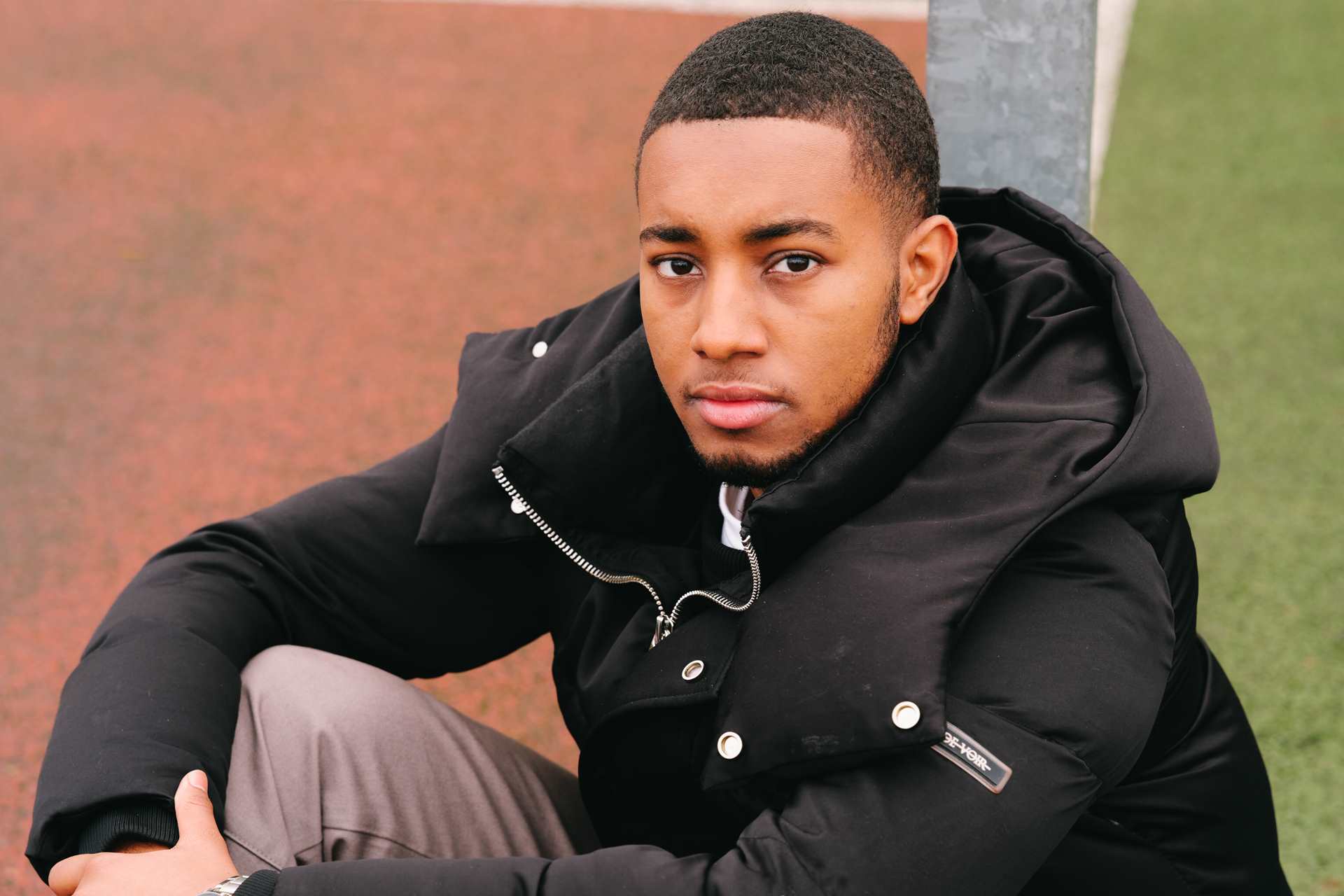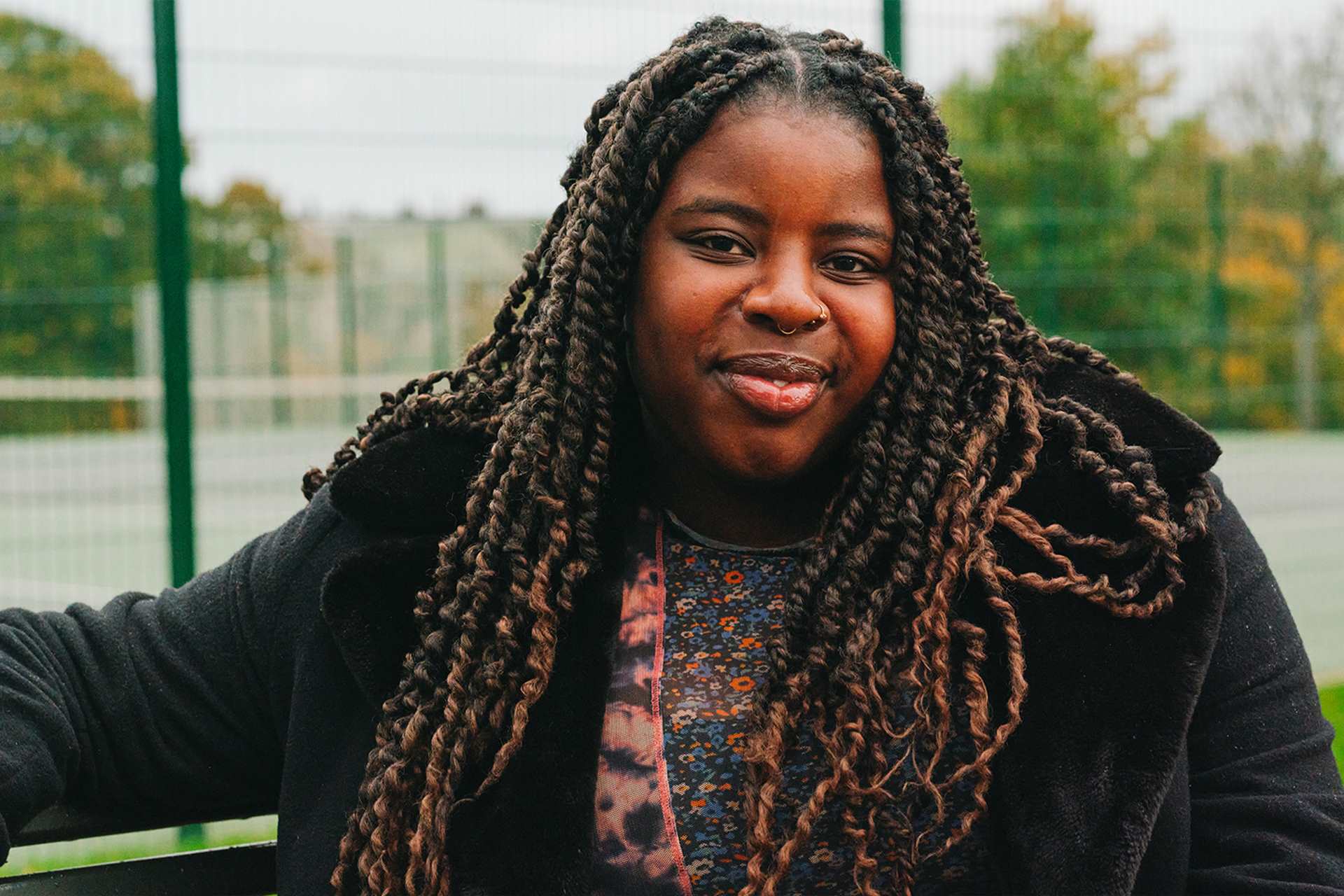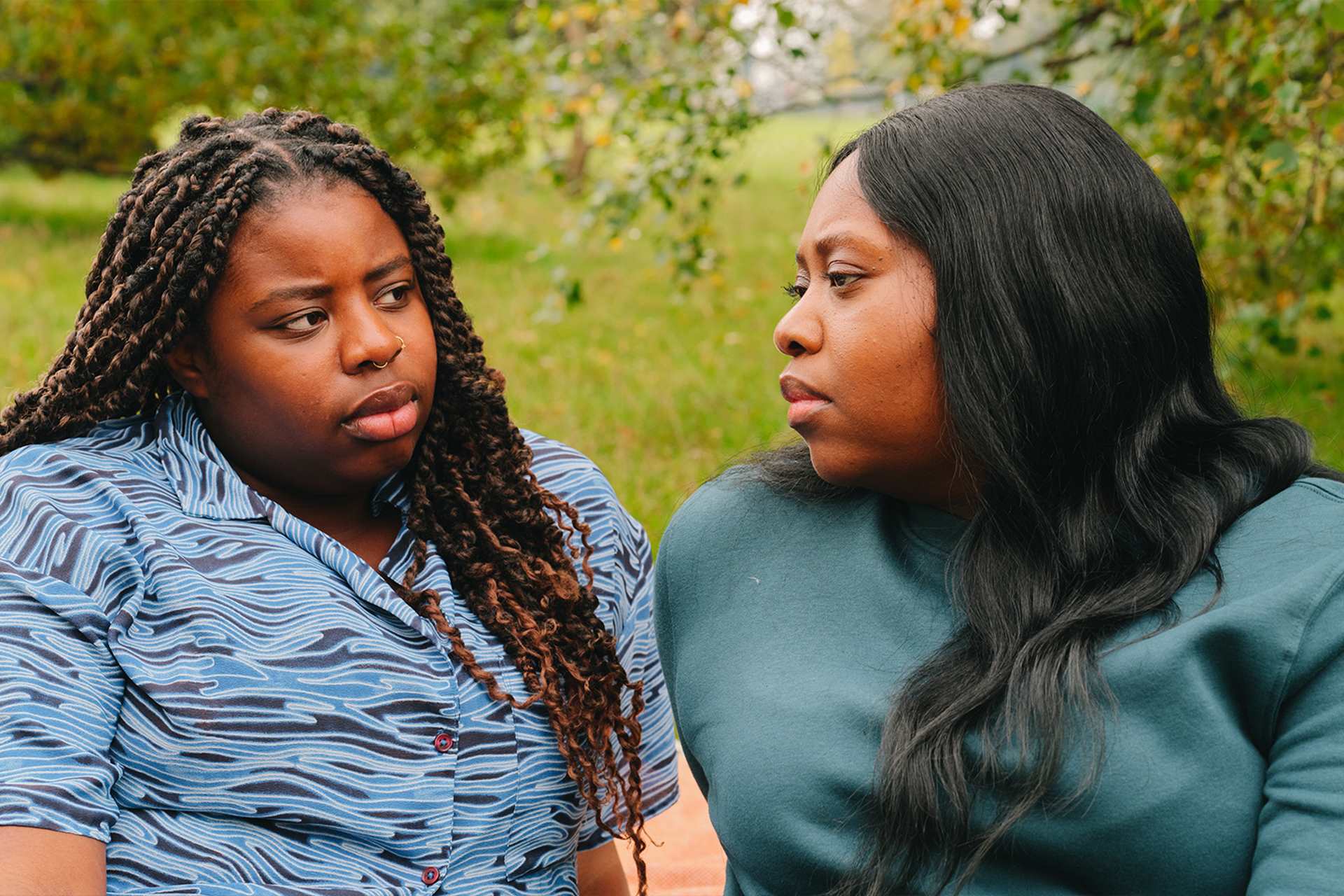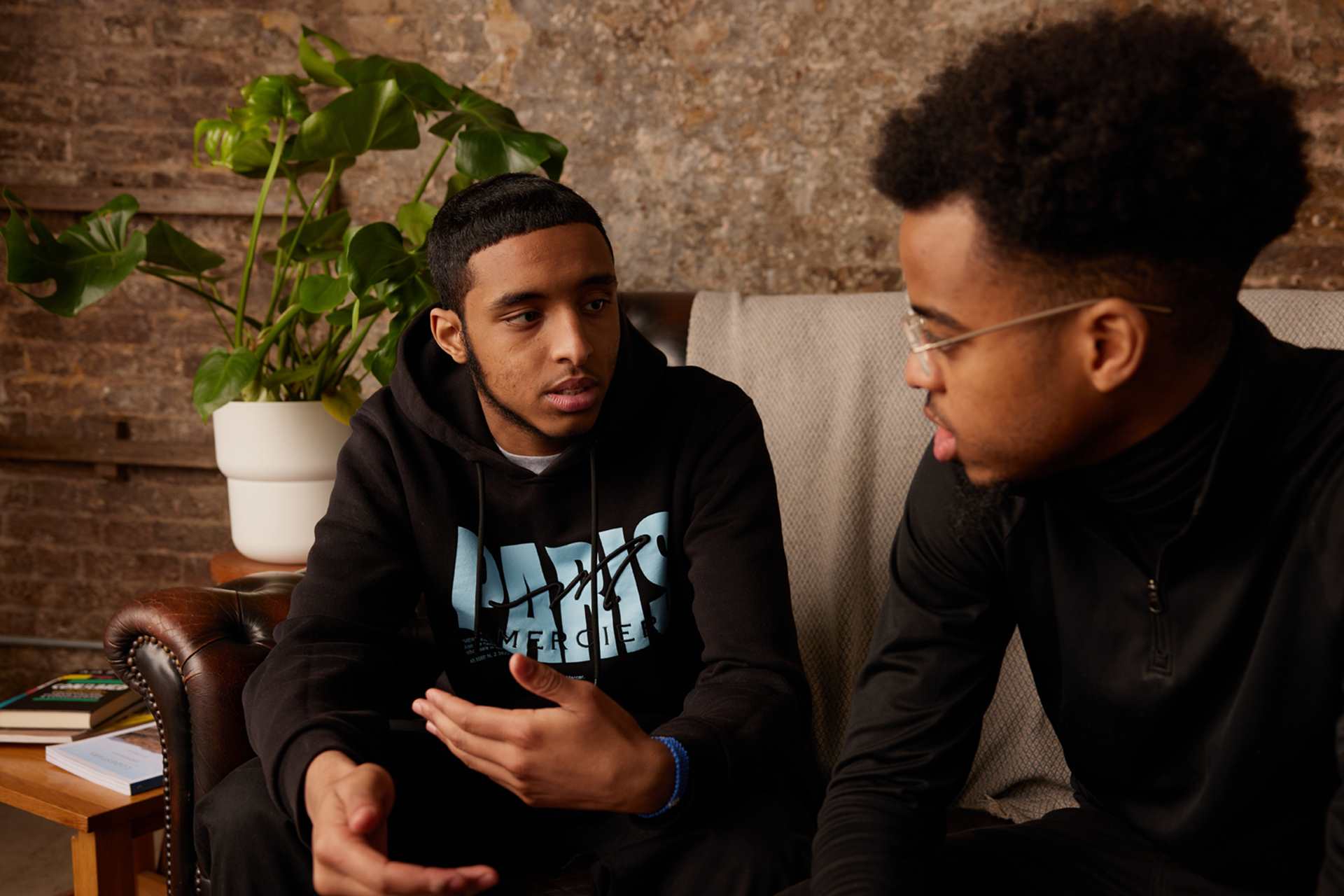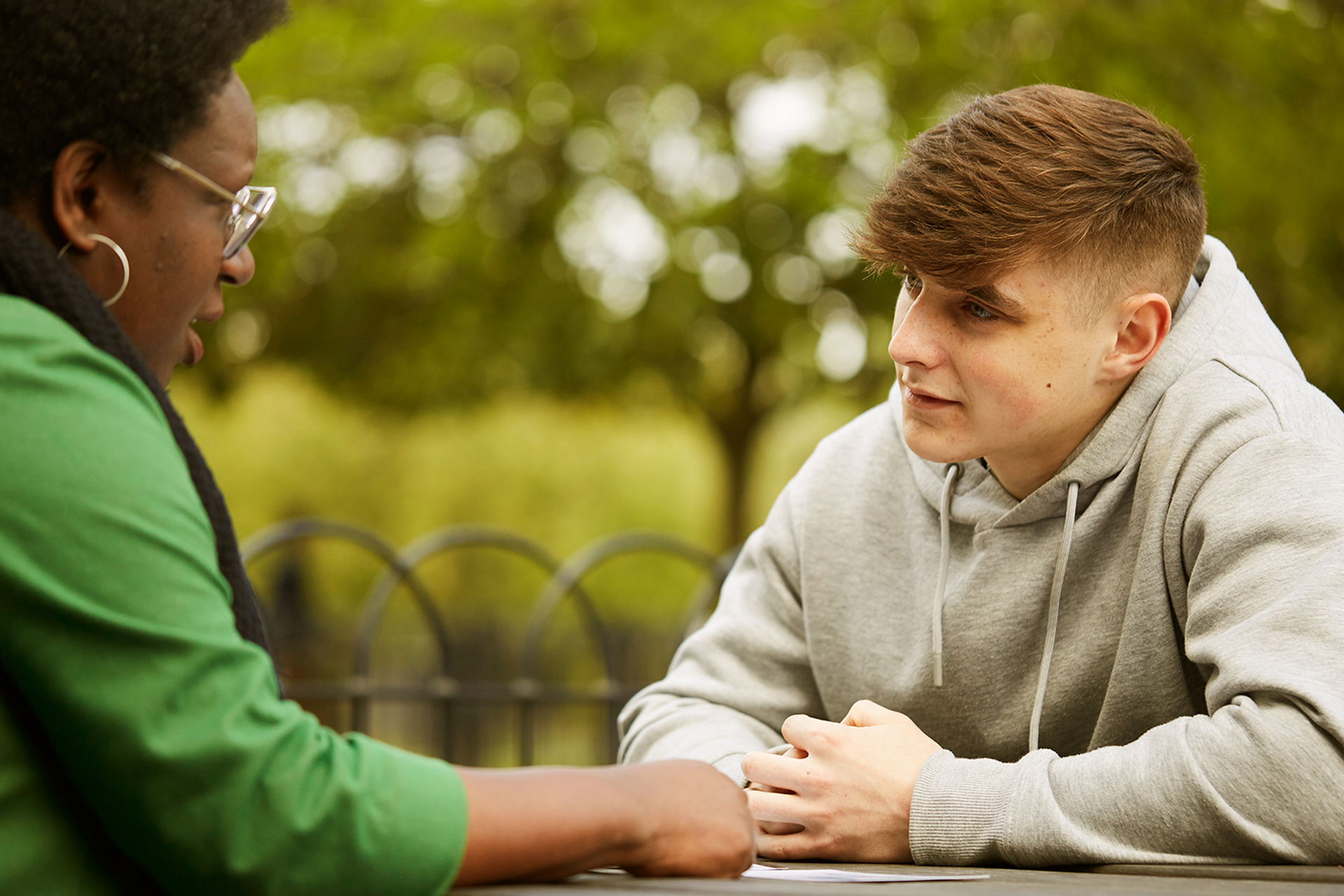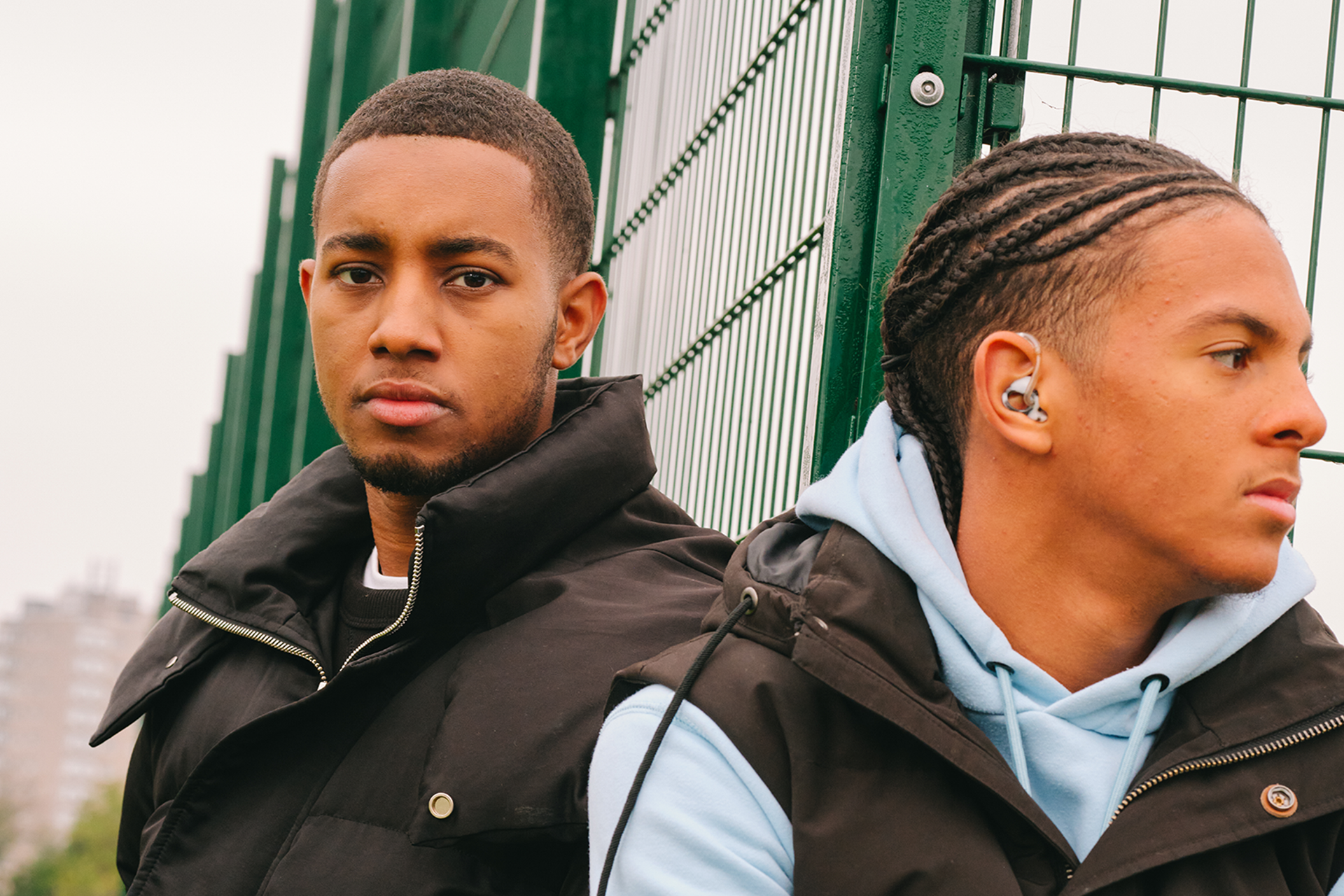Self-harm is when someone hurts themselves on purpose – generally as a way of managing distressing or overwhelming feelings and experiences. Someone who is self-harming might be dealing with lots of intense thoughts and feelings, and hurting themselves may feel like the only way to cope. Others may feel numb and hurt themselves in order to feel something.
Amutha, one of our Trainer Consultants, talks through what self-harm is in this video.
Trigger warning: This video contains mention of self-harm, please take care when watching.

